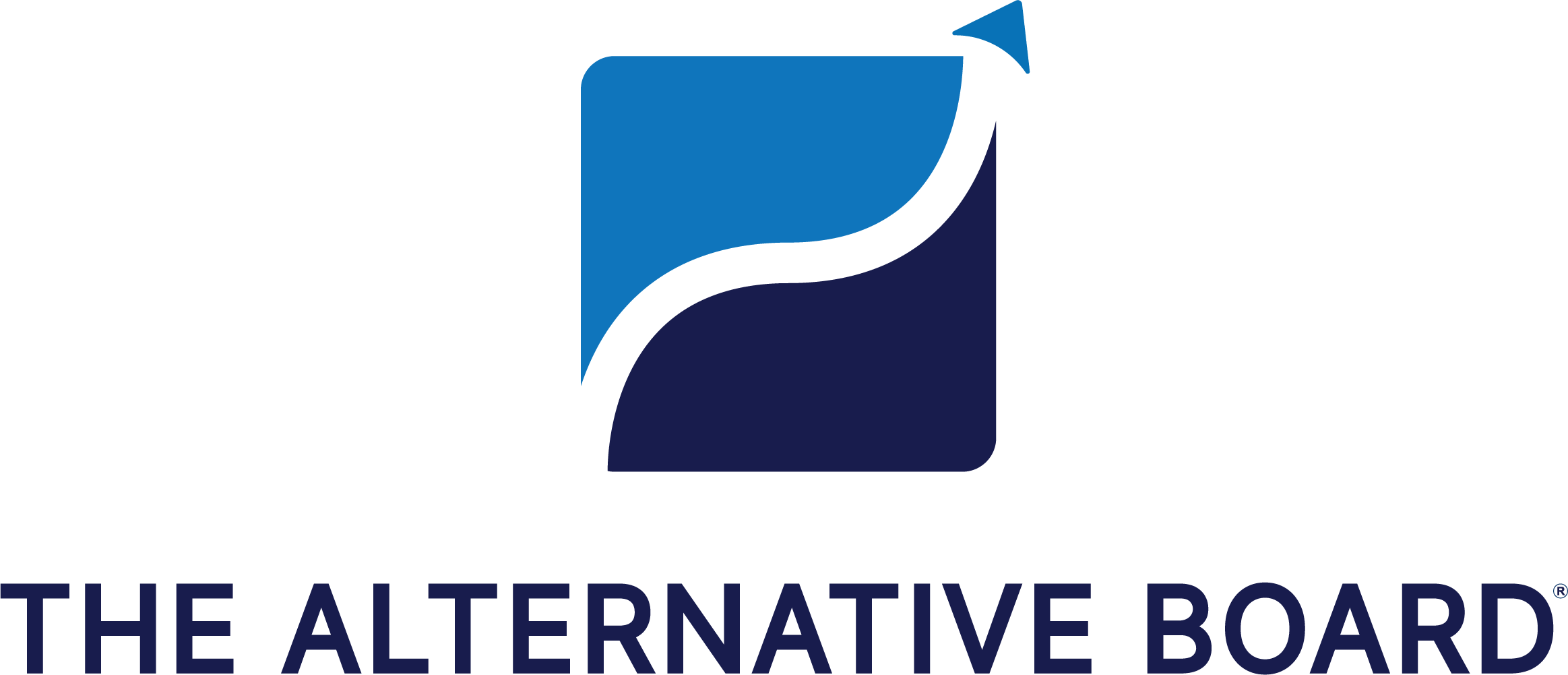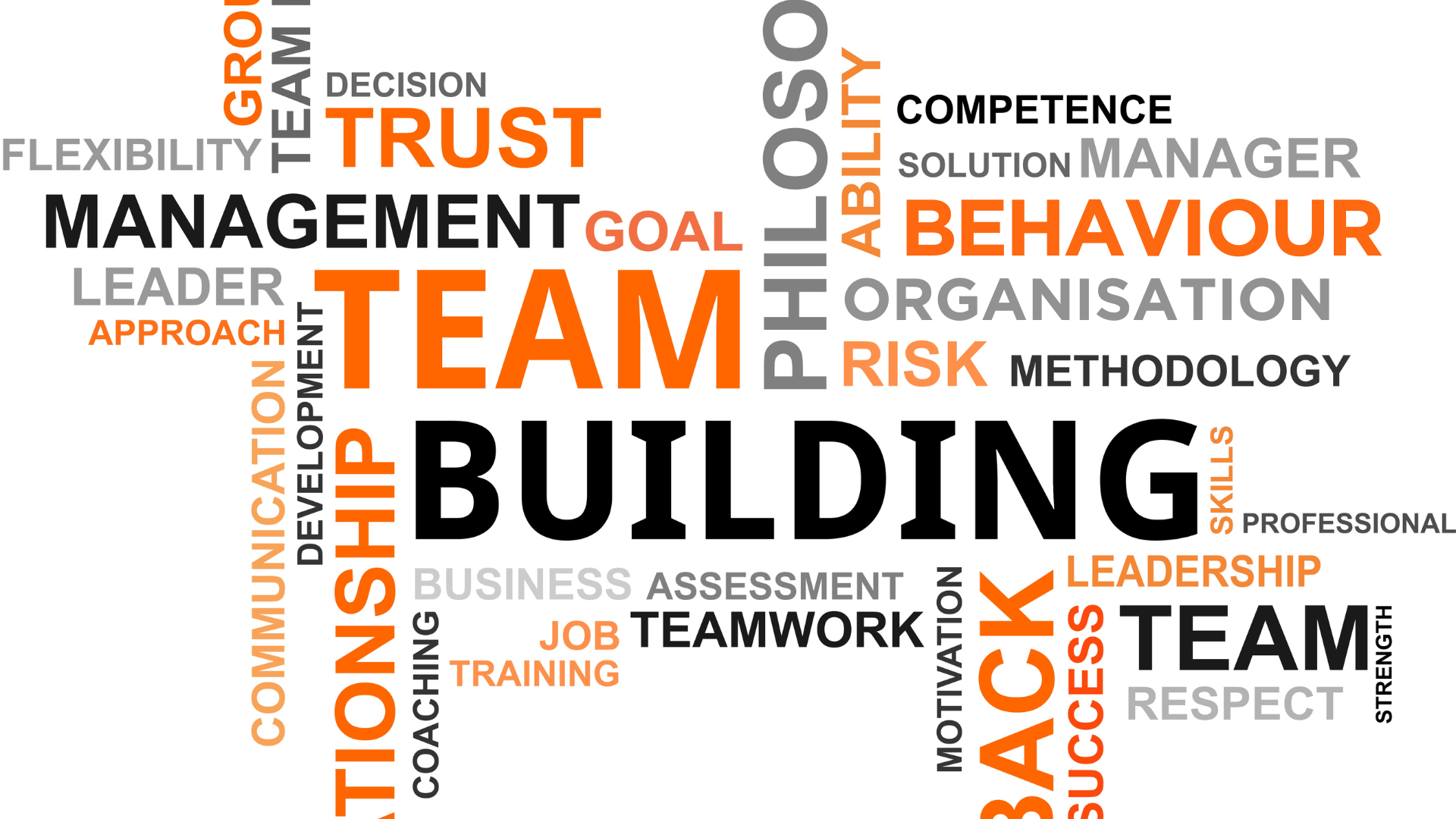Your business likely has skilled employees who excel in their tasks, ensuring productivity and efficiency. However, there are moments when these individuals must unite as a team, extending beyond their usual responsibilities. This necessity arises when embarking on a new corporate endeavour, addressing a crisis, or introducing a new product or service.
Teams and team-building efforts play a vital role in shaping company culture for several reasons. As outlined by Outback Team Building, these efforts facilitate the development of trust across the organisation, improve communication and problem-solving abilities, bolster engagement and retention initiatives, and cultivate agility, innovation, and creative thinking essential for the success of small businesses.
To enhance team efforts within your organisation, consider implementing these five creative strategies:
1. Create a memory wall
During this activity, team members collect photos from previous team-building events and affix them to a wall in a common area of the workplace, as advised by TriNet. This space, frequented for socialising, becomes a repository of shared memories. It also provides an opportunity for employees to discuss their anticipations for the upcoming year, fostering deeper connections and mutual understanding among team members.
2. Organise a Volunteer Day
Engaging in group volunteering within the community where your business operates is a proven team-building activity. While your company might already have ties to a local charity or volunteer organisation, it’s essential to inquire about causes that resonate with your employees personally, as suggested by JSG & Associates. By aligning volunteer opportunities with their interests and passions, you can enhance employee engagement and commitment, making it more likely for them to participate eagerly.
3. Embark on an Escape Room adventure
Participating in an escape room activity is another enjoyable team-building option. These themed challenge events, as described by Mind Tools, require players to collaborate in deciphering clues, completing tasks, and solving puzzles within a set timeframe. While the theme or scenario may vary, team members must work together efficiently within 45-60 minutes to achieve their goal. Whether they’re solving a crime, rescuing a hostage, finding treasure, or thwarting an imaginary threat, engaging in these fictional scenarios helps enhance teamwork skills under time constraints.
4. Host a virtual trivia contest
Hosting a virtual trivia contest offers another avenue for individuals, especially remote workers, to connect and build bonds. This approach fosters collaboration as participants work together to tackle a variety of trivia challenges, thereby supporting analytical reasoning and problem-solving skills.
When organising such an event, ensure a diverse range of topics is included in the competition. As suggested by Team Games, incorporating a mix of pop culture, history, science, company facts, and general knowledge will maintain engagement and prevent the trivia from becoming repetitive. Additionally, adjust the difficulty level to accommodate both straightforward and more challenging questions, providing an inclusive experience for all participants.
5. Plan an exhilarating scavenger hunt
Company scavenger hunts hold significant appeal as most employees have likely participated in this enjoyable activity at some point in their lives. A well-organised scavenger hunt serves as an engaging platform to involve employees, foster team spirit, ignite competitiveness, and cultivate a shared desire to achieve goals, complete tasks, tackle problems, and conquer challenges, as highlighted by StrayBoots. It mirrors the dynamics of everyday office interactions, promoting collaboration and camaraderie.
Whether it involves hunting for items within the office premises, conducting an online search-and-identify exercise, or exploring local businesses, museums, bookstores, and other venues, a scavenger hunt effectively encourages teamwork. Thoughtful planning of team-building activities ensures that every participant feels included and valued in the collaborative efforts.
“Team Building Hub emphasises the importance of offering a variety of activities to ensure everyone can comfortably participate at some point. When designing team-building activities, it’s crucial to consider any physical limitations individuals may have. For instance, events like wine tasting or happy hours could inadvertently exclude some team members. It’s essential to avoid strategies that fail to engage employees across the company.
Interested in maximising your workforce’s potential? Sign up for our complimentary TAB white paper, ‘9 Tips for Motivating Your Best Employees,’ to learn more.”


